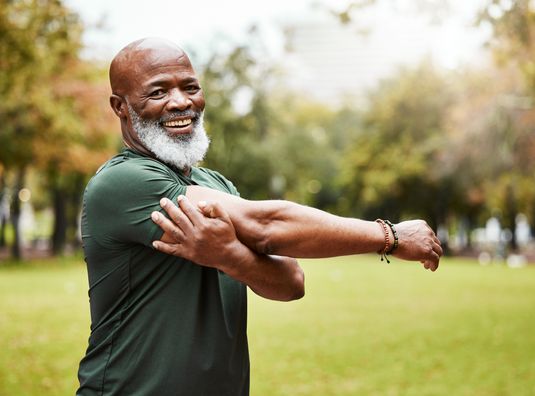
From New Goals to Physical Therapy
By Sarah Doll, MPT, DPT
Aging and exercise go hand in hand. While aging shouldn’t stop you from getting physical activity, it may mean you need to make some changes.

Aging and exercise go hand in hand. While aging shouldn’t stop you from getting physical activity, it may mean you need to make some changes.
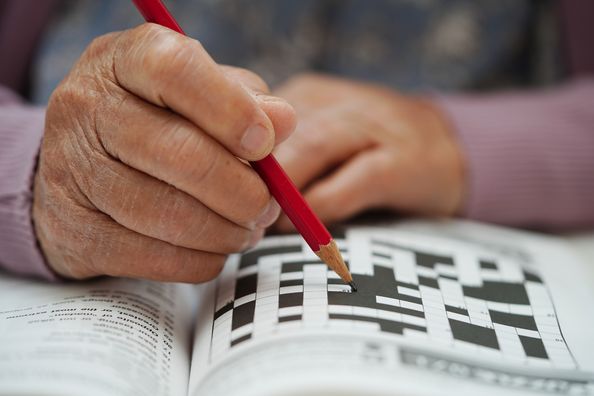
You may have heard that Sudoku improves brain health — but the truth is a bit more complicated. Here’s how to stay sharp as you get older.
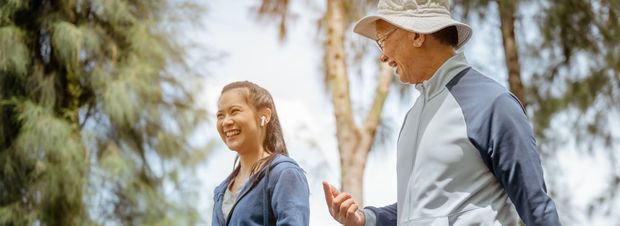
Making healthy choices during each decade of your life is key to healthy aging. Here’s your checklist for your 20s, 30s and beyond.
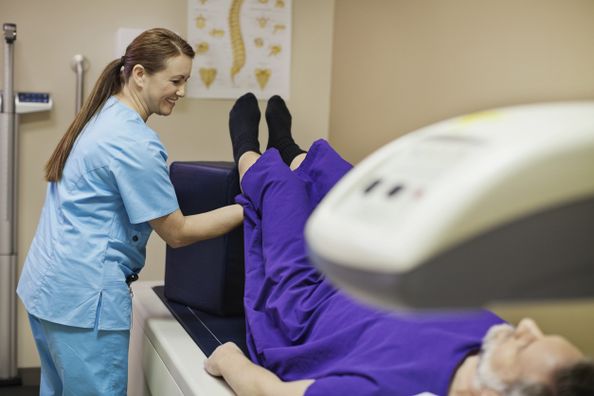
Bone mineral density (BMD) scans, also known as dual-energy X‑ray absorptiometry (DEXA or DXA) scans, use a very small amount of radiation to determine the mineral content in your bones and tests for osteoporosis and/or osteopenia.
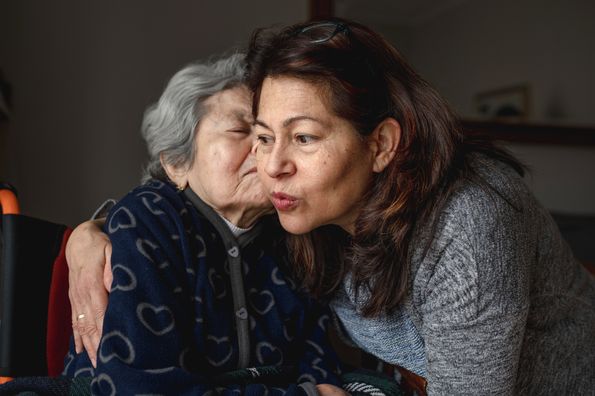
Caring for an aging loved one can be rewarding — but also challenging. Here are 9 tips to help caregivers prioritize their own physical and mental health.

May is National Osteoporosis Month, a great time to set the record straight about this debilitating and potentially deadly disease. While it’s the most common type of bone disease, misunderstanding exists about who can suffer from it and what can be done to prevent it.
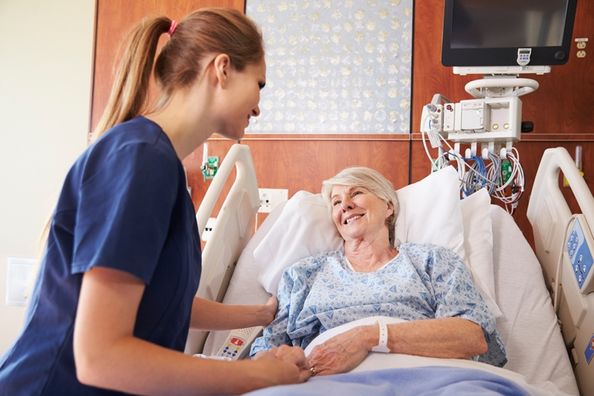
While prolonged hospital stays are intended to restore your body, long periods of bedrest may result in various physical side effects. BreakThrough Care Center physician, Dr. Karl Szafranski, shares insights to help prepare you for physical changes that you may experience with a long hospital stay.
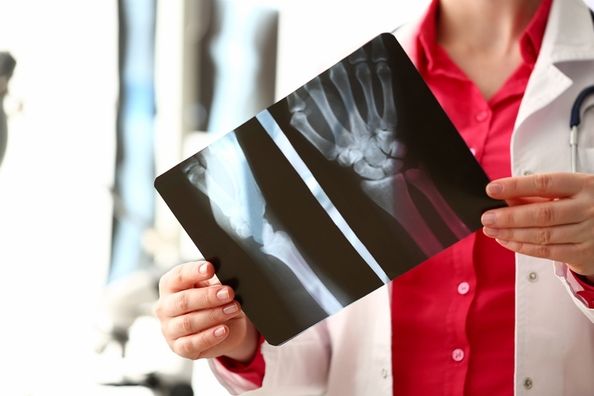
After age 50, fractured bones present a major health threat for approximately 50% of men and women (that’s right, men can be impacted as well). The culprit is a disease called osteoporosis and is characterized by poor bone quality.
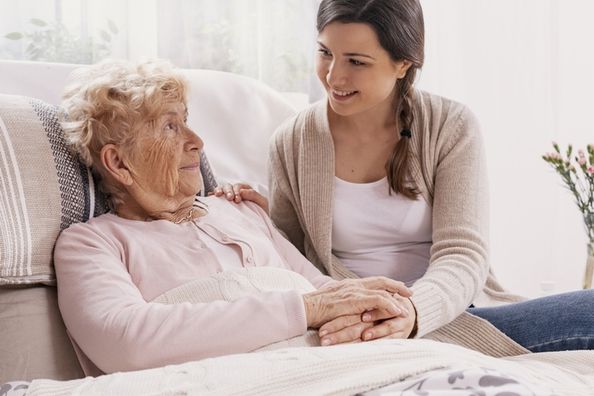
Caregivers sacrifice a lot for those they care for, but, oftentimes, neglect their own health in the process. Between helping with everyday living, managing medical care and taking care of household activities, it is no surprise that many caregivers feel mentally and physically exhausted over time. To help prevent symptoms of “burnout”, we have compiled tips to recognize caregiver fatigue in yourself and others, as well as how to practice self-care in such a demanding role.
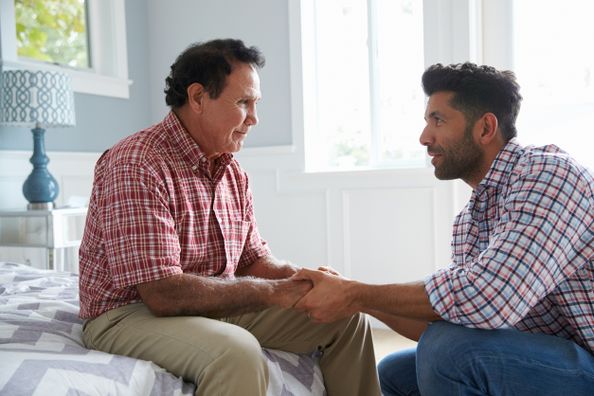
Dementia refers to a group of diseases and symptoms that are associated with a decline in memory and cognitive function severe enough to interfere with everyday life. It is most common in those over the age of 65 and may cause symptoms that hinder the ability to think, remember and reason. Today, approximately 47.5 million people are living with dementia worldwide.